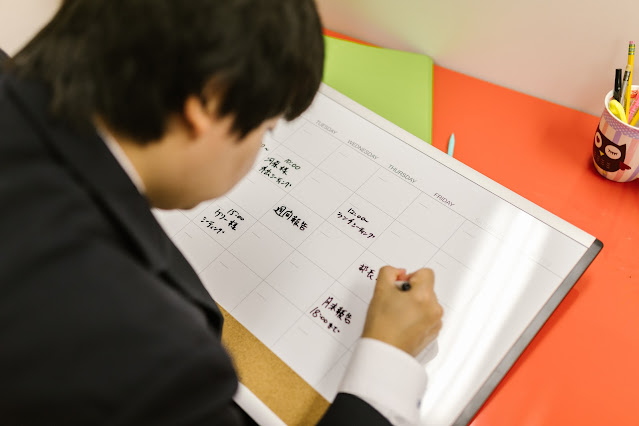Yokosuka, a city located south of Tokyo, has recently started a trial use of artificial intelligence chatbot ChatGPT across all of its offices. The city officials hope that ChatGPT will improve the efficiency of its operations. In the one-month trial, Yokosuka will use ChatGPT to make bulletins, summarize records of meetings, edit documents for typographical errors, solicit proposals for new projects, and gain advice for its policies. Chatbots are software applications trained using massive amounts of data from the internet, enabling them to process and simulate human-like conversations with users.
The generative AI will only use non-confidential data entered by the city officials, and confidential data will be excluded. City officials will enter questions or instructions in LoGoChat, a chat tool already introduced for local governments and connected with ChatGPT for the trial.
Mayor Katsuaki Kamiji believes that ChatGPT is a tool that the
municipal government can use to help residents lead happier lives. If the trial
proves its usefulness and effectiveness in improving municipal operations, the
city will officially adopt the generative AI. The central government's
ministries and agencies are also considering using ChatGPT for purposes
including helping generate responses to lawmakers' questions in parliamentary
sessions.
ChatGPT, launched in November 2022 by U.S. venture OpenAI as a
prototype, stands for Chat Generative Pre-trained Transformer and is driven by
a machine learning model that works much like the human brain. It is one of the
many tools that the Japanese government is considering to promote reforms in
work practices at central government offices and agencies.
The trial use of ChatGPT in Yokosuka's municipal government is
just one example of how artificial intelligence can improve efficiency and
enhance public services. As more governments around the world explore the
potential of AI, what do you think are the benefits and potential risks of
relying on AI technology in government operations? Share your thoughts in the
comments section below.



Comments
Post a Comment